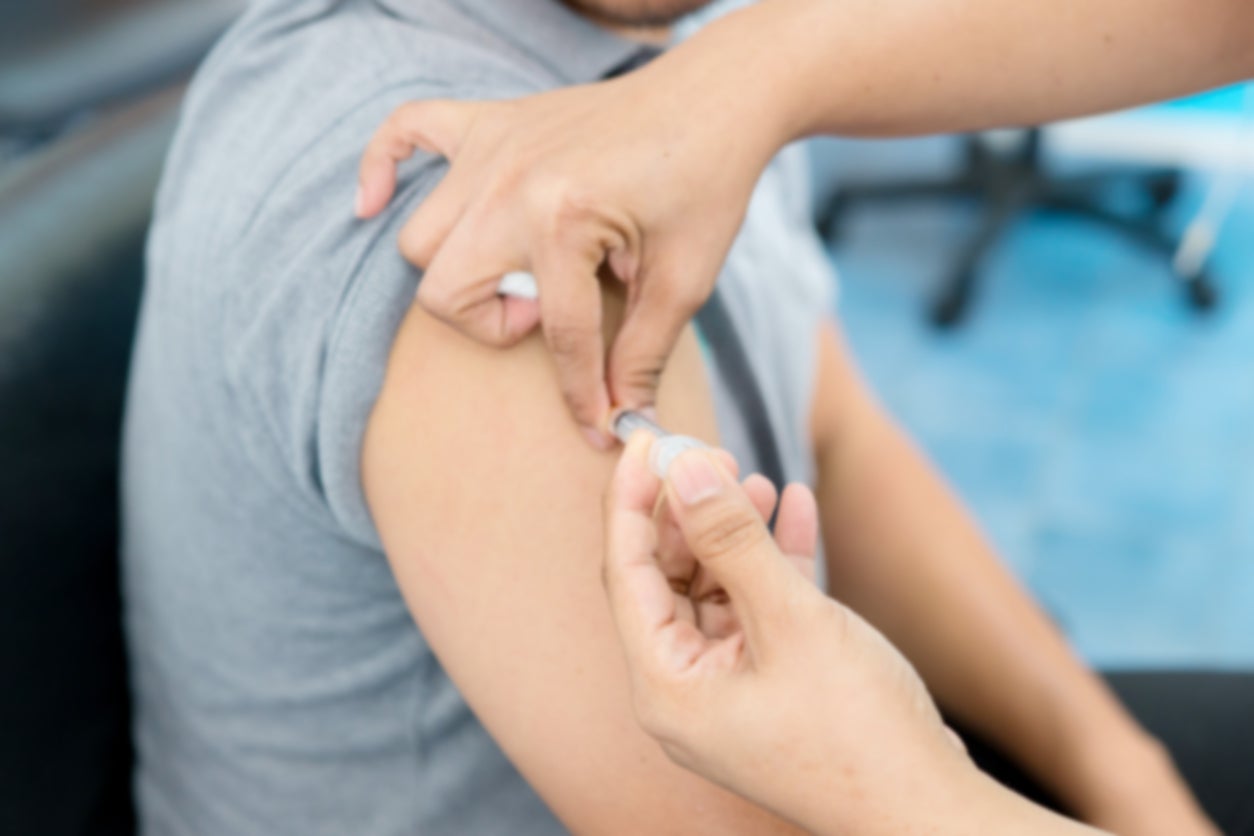What is HPV and what are the symptoms?
Love Island’s Shaughna Phillips has tested positive for HPV

Your support helps us to tell the story
From reproductive rights to climate change to Big Tech, The Independent is on the ground when the story is developing. Whether it's investigating the financials of Elon Musk's pro-Trump PAC or producing our latest documentary, 'The A Word', which shines a light on the American women fighting for reproductive rights, we know how important it is to parse out the facts from the messaging.
At such a critical moment in US history, we need reporters on the ground. Your donation allows us to keep sending journalists to speak to both sides of the story.
The Independent is trusted by Americans across the entire political spectrum. And unlike many other quality news outlets, we choose not to lock Americans out of our reporting and analysis with paywalls. We believe quality journalism should be available to everyone, paid for by those who can afford it.
Your support makes all the difference.HPV stands for human papilloma virus - it’s the name for a group of viruses that affect the skin and the moist membranes lining your body, including the cervix, anus, mouth and throat.
There are more than 100 different types of HPV, 30 of which can affect the genital area.
It is the second most common sexually transmitted infection in the UK.
On Monday 30 May, Love Island’s Shaughna Phillips revealed she had tested positive for HPV.
The former reality TV star tweeted: “In episode 1826203719 of me oversharing my life, I’m having my smear test this morning and this is your reminder to make sure you have yours.”
After receiving her results, Philliips added: “Had my results back yesterday, I tested positive for HPV and have had borderline changes to some cells that require further examination.
“I’m scared but that’s okay. Thank god for screening. Ladies, book your smears.”
Here’s everything you need to know about HPV.
How is it spread?
HPV is highly contagious and spreads easily, usually through sexual intercourse (oral, vaginal or anal sex) or skin-to-skin contact of the genital areas.
Sometimes, HPV can be transmitted during birth too.
HPV infections can sometimes remain dormant and then later infect a new or existing sexual partner.
How can you test for it?
HPV testing is a part of cervical screening, which is offered to women and people with a cervix aged 25 to 64.
During smear tests, a small sample of cells is taken from the cervix and tested for HPV.
What are the symptoms and effects?
Most of the time, the body’s immune system defeats an HPV infection before symptoms appear, and often HPV infections are benign, causing nothing more than warts or verrucas.
Some forms of HPV lead to genital warts (the second most common sexually transmitted infection (STI) in England), abnormal tissue growth and other changes to cells within your cervix – which can sometimes lead to cervical cancer, according to the NHS.
Most of the 100s of strands of HPV are harmless, however about 12 types can cause cancer, including cancers of the anus, penis, vagina, vulva and back of the throat (oropharyngeal).
Is there a cure?
Warts often disappear by themselves or you can take medication to get rid of them, but there’s no cure for HPV.
It’s best to see your GP if you have warts, as they will be able to prescribe the best course of treatment.
Seeing as there is no cure for HPV, prevention through the vaccine and practising safe sex are recommended by doctors.
Join our commenting forum
Join thought-provoking conversations, follow other Independent readers and see their replies
Comments